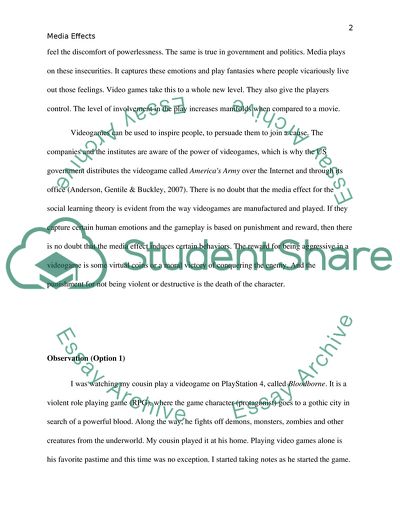Cite this document
(Social Learning Theory and Media Effect Coursework Example | Topics and Well Written Essays - 1500 words, n.d.)
Social Learning Theory and Media Effect Coursework Example | Topics and Well Written Essays - 1500 words. https://studentshare.org/psychology/1873650-media-effect-project
Social Learning Theory and Media Effect Coursework Example | Topics and Well Written Essays - 1500 words. https://studentshare.org/psychology/1873650-media-effect-project
(Social Learning Theory and Media Effect Coursework Example | Topics and Well Written Essays - 1500 Words)
Social Learning Theory and Media Effect Coursework Example | Topics and Well Written Essays - 1500 Words. https://studentshare.org/psychology/1873650-media-effect-project.
Social Learning Theory and Media Effect Coursework Example | Topics and Well Written Essays - 1500 Words. https://studentshare.org/psychology/1873650-media-effect-project.
“Social Learning Theory and Media Effect Coursework Example | Topics and Well Written Essays - 1500 Words”. https://studentshare.org/psychology/1873650-media-effect-project.


